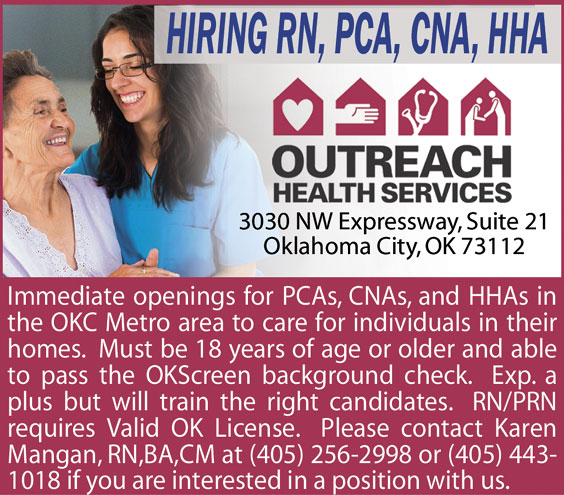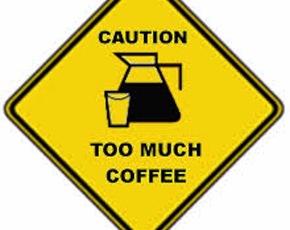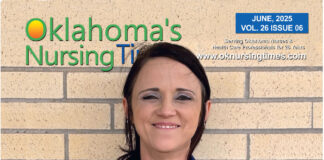
Outreach Health Services
3030 NW Expressway, Suite 21
Oklahoma City, OK 73112
Immediate openings for PCAs, CNAs, and HHAs in the OKC Metro area to care for individuals in their homes. Must be 18 years of age or older and able to pass the OKScreen background check. Exp. a plus but will train the right candidates. RN/PRN requires Valid OK License. Please contact Karen Mangan, RN,BA,CM at (405) 256-2998 or (405) 443-1018 if you are interested in a position with us.
St. Anthony Nurse Practitioner Explains Advantages and Disadvantages of the Morning Staple
It has hundreds of names; joe, dirt, mud, java, brew, even brain juice, but regardless what you call it, how healthy is this morning staple?
The amount of caffeine intake that is healthy per day will vary from person to person. For the average adult, about 16 ounces of coffee with about 400mg of caffeine per day appears to be safe. According to St. Anthony Family Medicine Nurse Practitioner Michelle Ellenburg, coffee does have some positive effects. “Mental alertness and decreased reaction times are some positive effects. It has also been proven to help with the adverse effects of sleep deprivation and jet lag. Although coffee does have positive effects, the general 16 ounces a day is not safe for everyone.”
Pregnant women, for example, should lower their caffeine intake on a daily basis. “Excessive caffeine intake in pregnancy can lead to spontaneous abortion, congenital anomalies, low birth weight, preterm delivery, gestational high blood pressure, gestational diabetes and postpartum depression,” said Ellenburg. “A good thing to remember is that caffeine is a stimulant, and anything you take in, the baby gets too. Generally, limiting caffeine intake to 8 ounces per day is safe during pregnancy,” she added.
If you experience high blood pressure, you should also limit your amount of caffeine. “Caffeine intake can raise your blood pressure for a short time. For most patients with high blood pressure it is important to not exceed the recommended 400mg of caffeine per day,” explains Ellenburg.
Diabetes is another condition in which limiting caffeine intake would be appropriate. According to Ellenburg, the data for diabetic patients is complicated. Some studies show that caffeine intake can cause insulin resistance, while other studies show long term caffeine intake can improve insulin sensitivity. “Therefore, like high blood pressure, my general recommendation is to not exceed the 400mg of caffeine per day,” recommends Ellenburg.
So, what about other caffeinated beverages? Well, coffee and tea do share some of the same effects. They are both full of several different antioxidants, depending upon the type of coffee or tea. One of the advantages that they share is the increase in mental alertness. They also share some disadvantages. Some of their negative side effects include irregular heart rhythms, agitation and GI upset.
Just like the amount of coffee intake that is healthy per day varies per person, so does the opinion of coffee. One day it is good for you, and the next day it isn’t. This is because most studies that are published are self-reported and very subjective. The data in total is inconclusive. Overall, Ellenburg agrees that a moderate amount of coffee per day is acceptable.
St. Anthony Physicians Group Pulmonary & Family Medicine is open Monday – Friday, 8:30 a.m. – 4:30 p.m., and is located at 6205 N. Santa Fe, Suite 201, in Oklahoma City. To make an appointment with Nurse Practitioner Michelle Ellenburg, please call 405-272-8338 or schedule online at saintsnearyou.com/primarycare.













